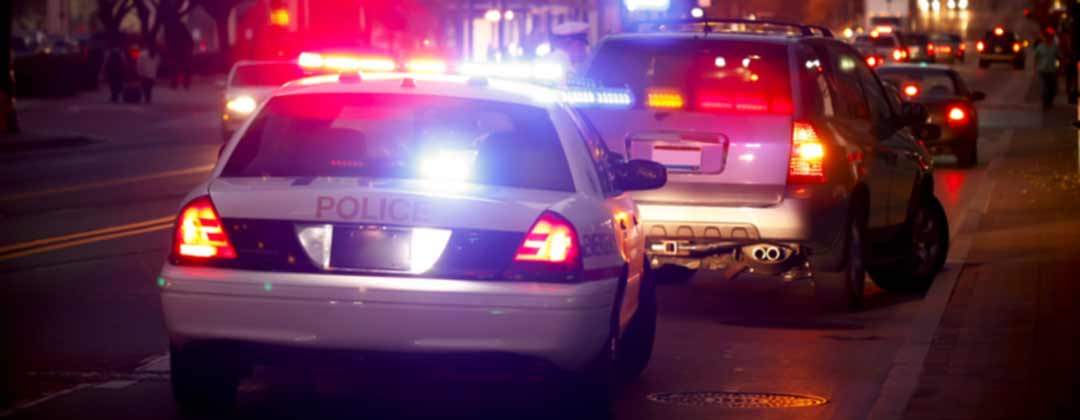On Monday the 27th, the Supreme Court ruled 5-3 that an outstanding arrest warrant discovered during an illigal traffic stop allows incriminating evidence recovered thereafter to be admissible in court. Justice Sonya Sotomayor, as well as the Court’s two other liberal justices, Justices Ginsburg and Kagan, all expressed their disapproval with the ruling, some even referencing the Black Lives Matter protests and the work of Ta-Nehisi Coates. The main source of skepticism surrounding this ruling is the number of outstanding warrants. This ruling allows police to stop people without cause, and perform searches not only in their vehicle or home but also invasive and often humiliating searches on their person. If there is an outstanding warrant, the evidence can be used against the person stopped, even though there was not a lawful reason to stop that person.
Justice Sotomayor was particularly upset about what this ruling may mean for the future relationship between police and civilans, especially those of color, who are already stopped at a disproportinate rate. It is also improtant to think about what this ruling means in reference to the exclusionary rule of the Fourth Amendment, which prohibits the use of evidence in a court case when it is obtained illegally. However, the final consensus by the court is that, if a warrant is discovered during a stop, the exclusionary rule does not apply.
References: http://motto.time.com/4375339/sonia-sotomayor- traffic-stop- dissent-utah-strieff/





